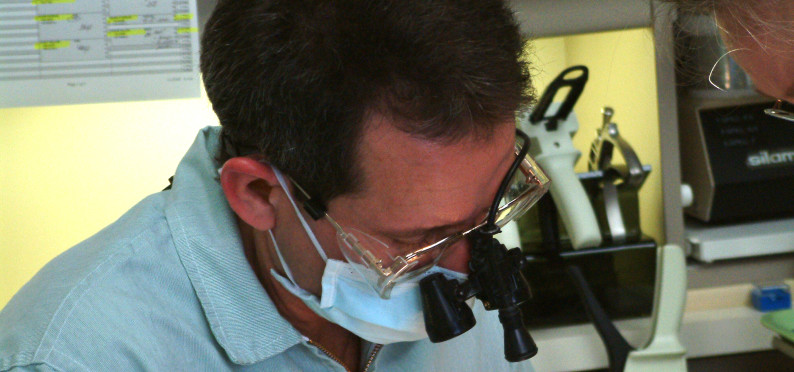
A Little Something About Blood Pressure
Have you seen water run through a pipe? As the water runs through the pipe, it applies some force against the walls of the pipe. This force is the pressure of water. Just like that, the blood flowing within your blood vessels exerts some pressure on these pipe-like vessels. This pressure is called blood pressure.
Doctors measure blood pressure using an instrument that resembles a cuff. Normal values of blood pressure are 120/80 mmHg. The first number here (120) is the “systolic pressure”, which measures the pressure in your arteries when your heart fills them up with blood. The bottom number (80) is the “diastolic pressure” and it measures the pressure in your arteries when your heart itself fills with blood in between heart beats.
Diabetes and Hypertension
Hypertension or high blood pressure is an extremely common condition in diabetes. If your blood pressure is more than 140/90 mmHg you might have high blood pressure. If you have hypertension your chances of having a heart disease increase by two to three folds.
Diabetes damages arteries and causes them to harden, a condition called atherosclerosis. Once your vessels are hard, the pressure of blood inside them increases. In other words, your blood pressure increases.
Another reason for high blood pressure during diabetes is a decrease in the release of Nitric Oxide (NO). NO is a chemical that your vessels release. It helps your blood vessels relax. Once its levels decline, your blood vessels fail to relax and pressure inside them increases.
Usually, high blood pressure has no symptoms. Therefore, it is very difficult to detect. Thus, if you have diabetes it’s important to keep monitoring your blood pressure from time to time and consult with your doctor to check your blood pressure.
By monitoring your blood pressure, you can avoid many complications that arise from diabetes. Your doctor may prescribe you medicines to control your blood pressure. You can also make some lifestyle changes to prevent hypertension. These changes include:
- Control your blood sugar level
- Stop smoking
- Eat a balanced diet full of fruits and vegetables
- Do not drink alcohol
- Exercise regularly
- Decrease the amount of salt in your diet
